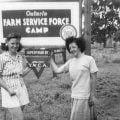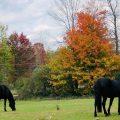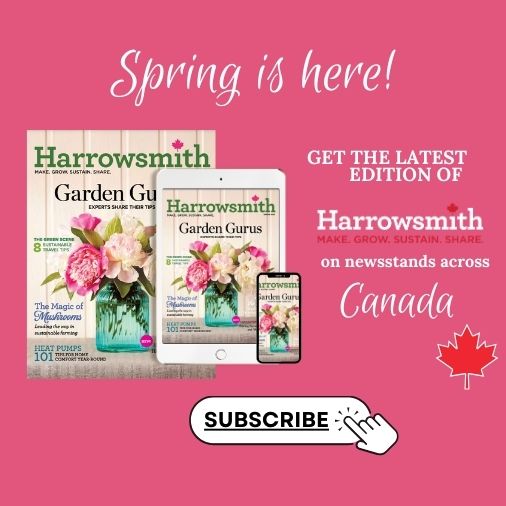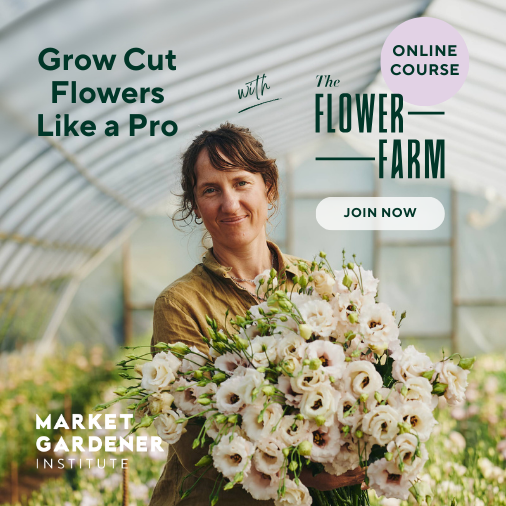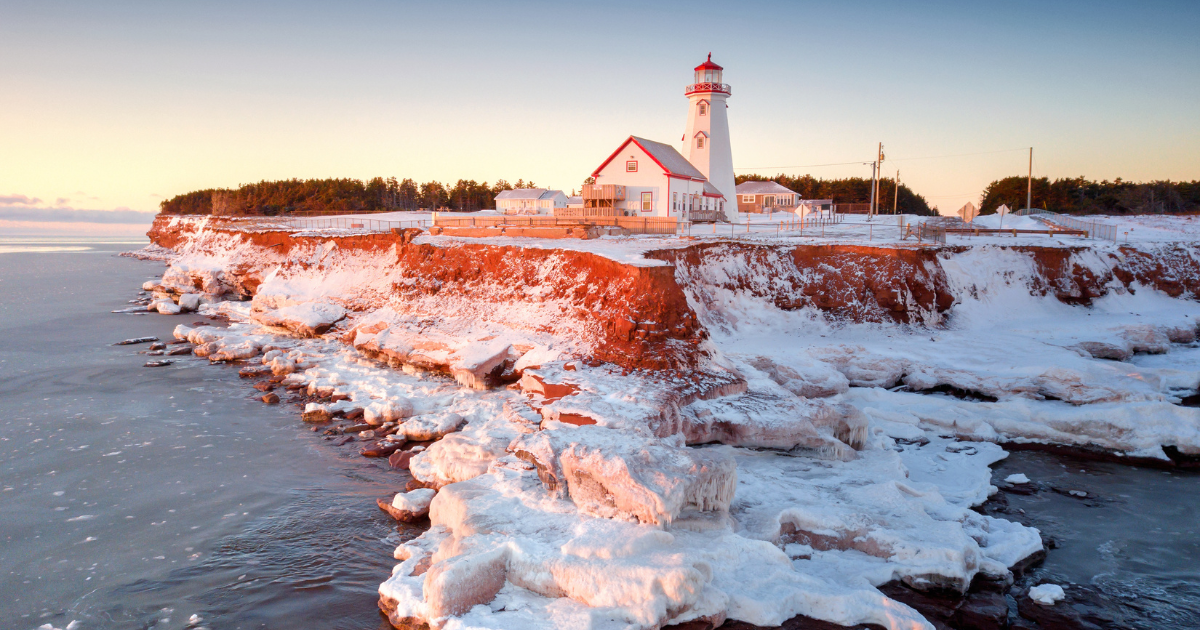I was winding up a tour of Signal Hill, the National Historic Site in St. John’s Newfoundland, when the Parks Canada representative I was with suddenly stopped. “There is something I have to mention,” he said with a note of seriousness. “You are not allowed to pick blueberries here, it’s a federal park.”
At the time I thought he was being overly bureaucratic. And while on a walk the next day with a ‘Townie,’ (the name for St. John’s locals), I mentioned the blueberry ban. “That’s ridiculous!” she exclaimed, pointing at another federal park across the water where her “secret” blueberry picking spot was located. “Everybody picks blueberries.”

Indeed, the fall berry picking season is a much-anticipated ritual. Preserves of partridgeberries, lingonberries and blueberries have been carrying families through the long winter months for generations. Nowadays, a burgeoning foraging movement in Newfoundland is experimenting with new uses of these traditional staples, while also exploring new categories of flora that were not part of the traditional diet.
During my time on the Island scouting a new itinerary for my travel company, I sampled a pretty eclectic array of local delicacies. Forager Tina White introduced me to chocolate dipped spruce tips (who knew a coniferous tree could be so delicious!) and an antipasto tray of pickled dandelion buds and fireweed shoots. In the restaurants, there were cocktails infused with the tangy sea buckthorn berry and a dessert of velvety panna cotta with partridgeberry.

“There is an amazing amount of food that grows naturally here, and it really is the purest and best kind of food,” explains Peter Wilkins, co-founder of the Newfoundland Distillery Company, known for using local ingredients to create distinctive flavours.
The craft distiller recently launched a fireweed flavoured vodka and uses locally sourced juniper and cloudberries (called bakeapples in Newfoundland), for its award-winning gins. “You have to be very brave to harvest those,” says Wilkins of the bakeapples. “They grow in bogs, and there are a lot of bugs.” In my travels, I purposely seek out foraging and local food experiences. Travel, if you are lucky, is about peeling back layers in order to experience the essence of a place. That is hard to do in a short period of time, but learning about and being able to recognize what is growing naturally around you is one of the best ways to see what’s below the surface. It’s like putting on those old IMAX 3-D glasses – suddenly you see everything in greater depth and brilliance.

I have that sensation when I meet up with Lori McCarthy, one of Newfoundland’s foremost foragers and the author of the cookbook, Food, Culture, Place. She’s sent me pictures of fresh caught mud trout, ouananiche (a land-locked salmon) and crab, and has invited me over for a “simple meal” at her home. I can’t say yes fast enough.
She shows me around a yurt she has set up on her acreage, beautifully decorated with a huge red-belted polypore mushroom and displays of juniper berries, and bottled moose meat, before we sit down around a campfire. There are talismans of Newfoundland culture everywhere – a seal skin draped over a bench and a colourfully knitted blanket to ward off a chill.

After handing me a glass of bakeapple cider, Lori gets to work frying up the fish while acorn squash roasts in the fire. When everything is ready, she sprinkles fir needles and juniper salt over the meal, and adds a piece of home-baked brown bread “because that’s what my mom always made.”
She’s passionate about preserving the connection to Newfoundland’s unique way of life and cultural traditions. Building on her cookbook, she’s set up a Cultural Residency program to share knowledge around wild foods, foraging and crafts. Her goal is to imbue people with “a deep understanding of place” in a way that promotes and protects what makes Newfoundland special. “If we have a closer connection to the land and the foods that come from it, then we will value those resources more, take better care of them and make sure that they remain part of our lives,” says McCarthy. “Otherwise, if we don’t maintain that connection, we won’t notice when it’s gone.”

Andrea Mandel-Campbell is the founder of karibu adventures, Canada’s newest and coolest people and planet-positive travel offering. A former foreign correspondent, television anchor and best-selling author, Andrea brings a unique journalist’s lens to karibu, taking you on a journey to unexpected places and introducing you to people you won’t otherwise meet.



